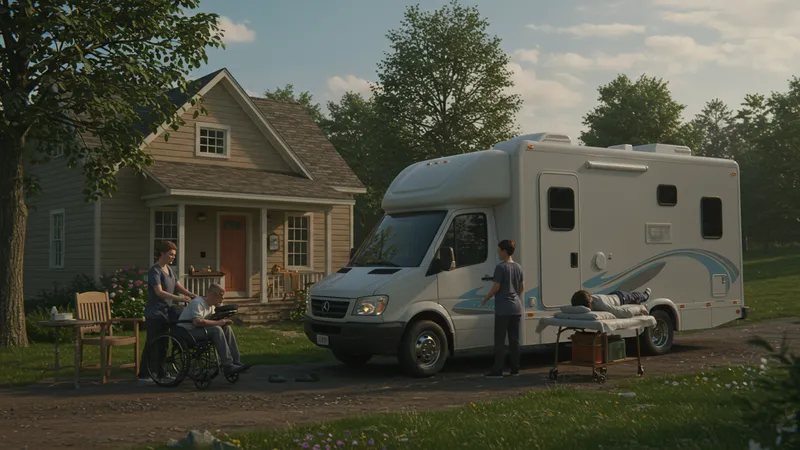
Local Luxury: Where To Find Top-Rated In-House Spa Services Near You
Accessibility and Inclusivity: Breaking Barriers
As in-house spa services rise in popularity, they also evolve to break the conventional barriers of accessibility. No longer reserved for metropolitan elites, these services are making inroads into suburban and rural areas, often via family-owned ventures that personalize the experience with a touch of local flair. The democratization of such luxury offers a refreshing shift, rendering self-care practices more attainable to diverse populations.

A sector once characterized by exclusivity is now redefining inclusivity by accommodating individuals with a spectrum of needs, including disabilities. Mobile massage therapists are trained to adapt techniques that cater to clients with physical limitations, ensuring everyone experiences the benefits of holistic wellness without the hassle of navigating a traditional spa’s often-inaccessible premises.
Couples and families have also embraced the trend, sharing these experiences as a bonding activity that nurtures relationships. Imagine planning a surprise couples’ massage in your backyard under the starlit sky—it’s a romantic twist that adds depth to relationships, with memories lingering beyond the session.
But here’s where it gets even more interesting: these services often support local economies by employing skilled therapists from the area, thereby promoting community growth. By investing in local talents, they contribute both to personal well-being and economic resilience, creating a ripple effect of positivity. But stay tuned, there’s more…